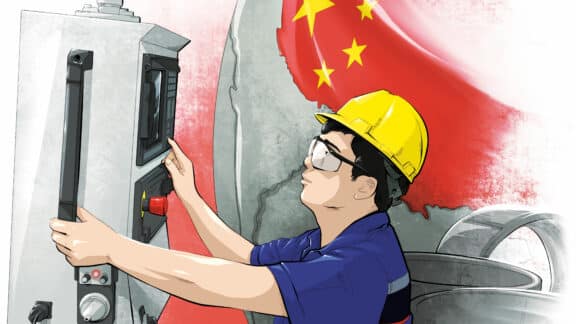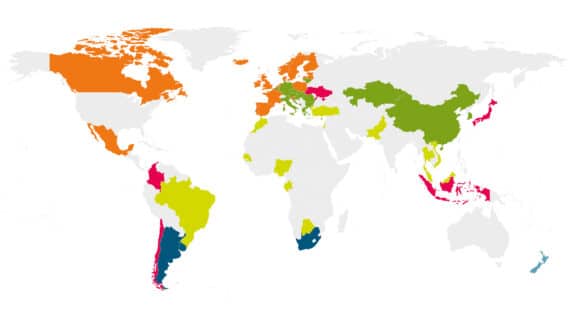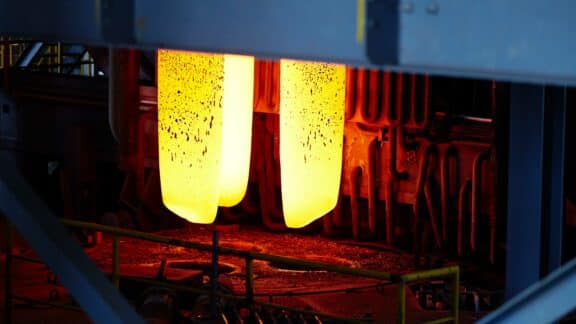Tomislav Koledic is CEO of Primetals Technologies China. Originally from Croatia, he joined Siemens, a founding company of Primetals Technologies, in 1997. Different roles brought him to the U.S.A., Japan, Austria, and most recently to China. Koledic holds a degree in electrical engineering and regards his openness to different cultures, willingness to take risks, and desire to build trust-based relationships as cornerstones of his philosophy.

What is the general agenda of the Shanghai company location of Primetals Technologies?
Tomislav Koledic: The Shanghai location represents Primetals Technologies China’s head office, and as a result, it has a wide range of responsibilities. We cover mechanical engineering and electrics and automation here and orchestrate metallurgical services for areas such as long rolling. We also do a substantial amount of project management at the Shanghai location and provide central functions such as Sales, Finance, Legal, and HR. Beyond that, we make an essential contribution to the global supply chain of Primetals Technologies, utilizing China’s still unparalleled manufacturing capabilities.
How would you describe the current situation of the Chinese metals industry?
Koledic: The steel industry is at an inflection point. The top-line numbers look quite stark, which is partly due to China’s construction industry experiencing a downturn. Steel producers are operating under challenging conditions, and we can expect some managed consolidation—especially among private companies that focus on rebar. There is anticipation in the air that the government may step in at any moment to provide direction and stimulus packages. On the upside, Chinese producers are making a lot of progress on end-product quality. We are seeing high demand for solutions that enable producers to shift their portfolio more toward the high end.
What specific technologies are Chinese producers looking for these days?
Koledic: With producers shifting their production from commodity long rolling toward flat, Arvedi Endless Strip Production has become even more relevant. Electric steelmaking is equally crucial. Because of the growing market for electric cars, silicon steels are a hot topic; advanced high-strength steels are also on the rise. Our Hyper UC-Mill and 20-high HZ mill are highly regarded in China for the cold rolling of these high-value grades. We are executing many upgrade projects, for instance, for continuous casters or hot-mill cooling sections. Lastly, Chinese producers are relying more heavily on our metallurgical services. These are often provided in the framework of a long-term partnership that rests on deep collaboration, clearly defined goals, and mutual trust.
What is the economic outlook for steel, globally?
Koledic: We are in the midst of a move toward increased localization, where political strategy is outweighing economic factors. At some point, a new phase of reorganization and consolidation may begin to unfold—but under different circumstances than before, and with different players involved.
What do you personally find fascinating about the steel industry?
Koledic: It is a mature industry with a long history and a strong foundation in science. Yet, it keeps reinventing itself. I am intrigued by the fact that the steel industry is simultaneously so fundamental and so capable of changing its own game, time and again.
Are there any technologies beyond metals production that you follow the development of?
Koledic: I started my career in power generation, which is a field central to today’s push toward greater sustainability. I am glad to see—and play a role in—the increased utilization of renewable energy sources, such as solar and nuclear, as well as hydrogen production. Artificial intelligence has also picked up speed, worldwide and here in China.


